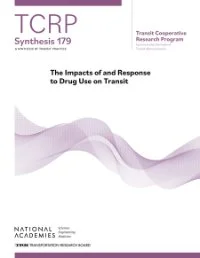By Sheldon Glueck (Author), Graeme Newman (Introduction)
Sheldon Glueck’s Probation and Criminal Justice (1931), a collection of papers from world wide experts, stands as one of the earliest systematic examinations of probation within the American penal system. Published at a time when probation was still consolidating its place as a regularized judicial practice, the book sought both to describe the institution as it existed and to evaluate its possibilities as a rational and humane alternative to imprisonment. Glueck, already well known as a criminologist and later famed for his longitudinal studies on criminal careers, approached probation with the same empirical rigor and critical balance that defined his scholarship.
The work provides a historical account of probation’s origins, tracing its roots to the nineteenth-century innovations of John Augustus in Boston, and situates its emergence within the broader reform movements of the Progressive Era. By the early 1930s, probation had spread widely across American jurisdictions, yet it lacked the uniformity, resources, and professional standards necessary for consistent success. Glueck’s central argument was therefore twofold: probation held genuine promise as an instrument of rehabilitation and social reintegration, but its potential could only be realized through careful administration, adequately trained personnel, and an honest reckoning with its limitations.
To read Probation and Criminal Justice today is to encounter both a historical document and a surprisingly contemporary critique. The themes Glueck emphasized—the professionalization of probation officers, the dangers of excessive caseloads, the necessity of balancing rehabilitation with accountability—are still at the heart of debates over community supervision. The persistence of these concerns is a testament both to the enduring complexity of probation as a penal tool and to the prescience of Glueck’s analysis.
In this sense, the book is more than a relic of early twentieth-century criminology. It is a reminder that penal reform, however well intentioned, remains fragile unless supported by adequate resources, clear objectives, and sustained public commitment. Probation has advanced since Glueck’s time in terms of reach, sophistication, and legitimacy, yet the paradoxes he identified continue to shape its practice.
For scholars, practitioners, and students of criminal justice, this volume offers not only a window into the early years of probation but also a mirror reflecting ongoing challenges in community-based corrections. Glueck’s careful and critical study thus retains its relevance: a classic text that still speaks to the unfinished project of building a fair, effective, and humane system of criminal justice.
Read-Me.Org Inc. New York-Philadelphia-Australia. 2025. 211 p.





